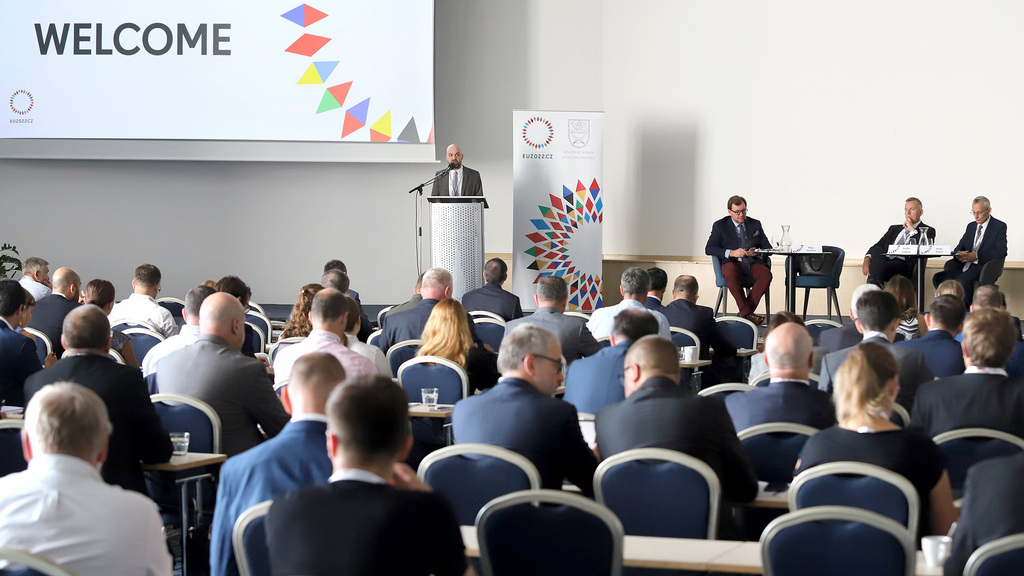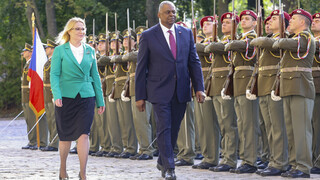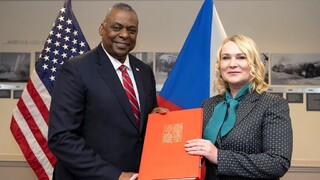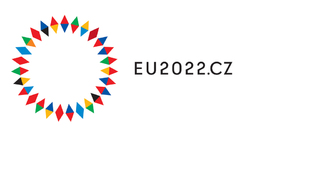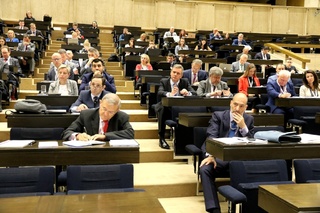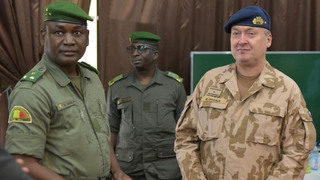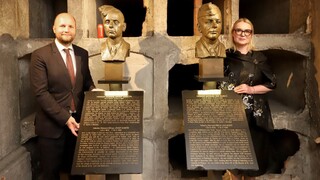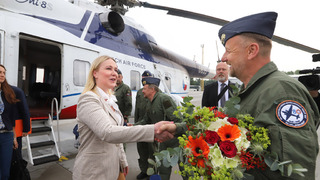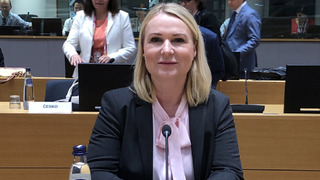Enhancing cooperation in the area of joint research, development, and acquisition of military materiel and technologies, as well as a greater focus on the Emerging and Disruptive Technologies and on strengthening the cooperation between the EU and NATO – those are the principal takeaways from the conference named Importance of Modern Technologies for European Defence and Security. Second in the series of conferences organised by the Ministry of Defence as part of the Czech Presidency, this conference was held in Prague on July 19-20th, 2022.
Enhancing Member States’ cooperation is a must for European security
In the first panel that addressed the joint capability planning, research and development projects, and acquisition of military materiel, the participants agreed on the need for meeting a variety of challenges, as is the necessity of faster and more effective cooperation, rationalising investments from defence funds and overcoming the shortages of military materiel. As a result of Russian aggression in Ukraine, the establishment of effective cooperation appears to be increasingly important, yet national positions of individual states must be respected in the process. “We must stay united, share our experiences, and mutually provide help; this is the only way to cope with and recover from the crisis”, Czech Assistant Deputy Minister for Armaments and Acquisition Division Filip Gantner commented the negotiation of obstacles on the way to deeper cooperation.
Besides the necessity of tackling these challenges, the panellists also focused on ongoing projects that build on the European Defence Fund (EDF) as an example of effective cooperation among the Member States in the sector of defence industry. They simultaneously expressed their expectations of extending the scope of the Fund, and increasing its financial resources. Mr Alain Alexis, representative of the European Commission, added that preparations were underway for projects derived from EDF’s fundamental principles aiming at assisting Member States in joint acquisition of defence materiel.
Emerging and Disruptive Technologies: the future of the military
The next part of the conference was dedicated to Emerging and Disruptive Technologies (EDTs), for example artificial intelligence, autonomous weapons systems and space technologies. The panellists agreed that these technologies are gaining importance and that there is a need for creating new initiatives to provide the EU and NATO with strategic advantage over possible adversaries.
The speakers also alerted to the biggest challenges and critical areas. One of the critical challenges could be possible dependence on component supplies from third countries. That could be tackled by supporting the domestic (European) industry and by a closer cooperation with NATO. Another challenge in the field of EDTs is establishing a relation between the defence and civilian sectors, since an important part of innovative solutions emerges from the civilian sphere. “For this purpose, it is necessary to create projects supporting the interconnection of particular industrial sectors and the academia”, said Tomáš Kopečný, Czech Deputy Minister for Industrial Cooperation. In the discussion, experts appreciated also the existing subject matter initiatives of the EU and NATO.
EU-NATO cooperation on innovations is essential
The final part of the conference focused on defence innovation initiatives and on identification of areas of possible strategic synergy between the initiatives of the EU and NATO designed to remove barriers among the defence sector, innovative private sector, and the academia. On the panel, NATO representative James Appathurai introduced the NATO Innovation Fund and the DIANA accelerator. The representative of the European Defence Agency (EDA) eventually described the scope of activities of the Hub for EU Defence Innovation (HEDI). For the West, those are two principal instruments for maintaining the technological superiority.
The panellists concurred that it was necessary to enlarge the spectrum of entities that can contribute to ensuring European security and defence – especially start-ups and academic research centres whose focus is not primarily on the defence and security industry. Besides increasing investments in research, development, and innovations, the nascent activities should be designed to increase awareness of possible involvement of civil and private entities in the relevant projects.
In the discussion, the participants expressed their conviction that implementation of such projects and better synergy between the EU and NATO defence initiatives were not only possible but indeed indispensable. Information sharing and coordination of activities should prevent duplication but also pointless redistribution of financial and human resources for what are essentially identical projects.
